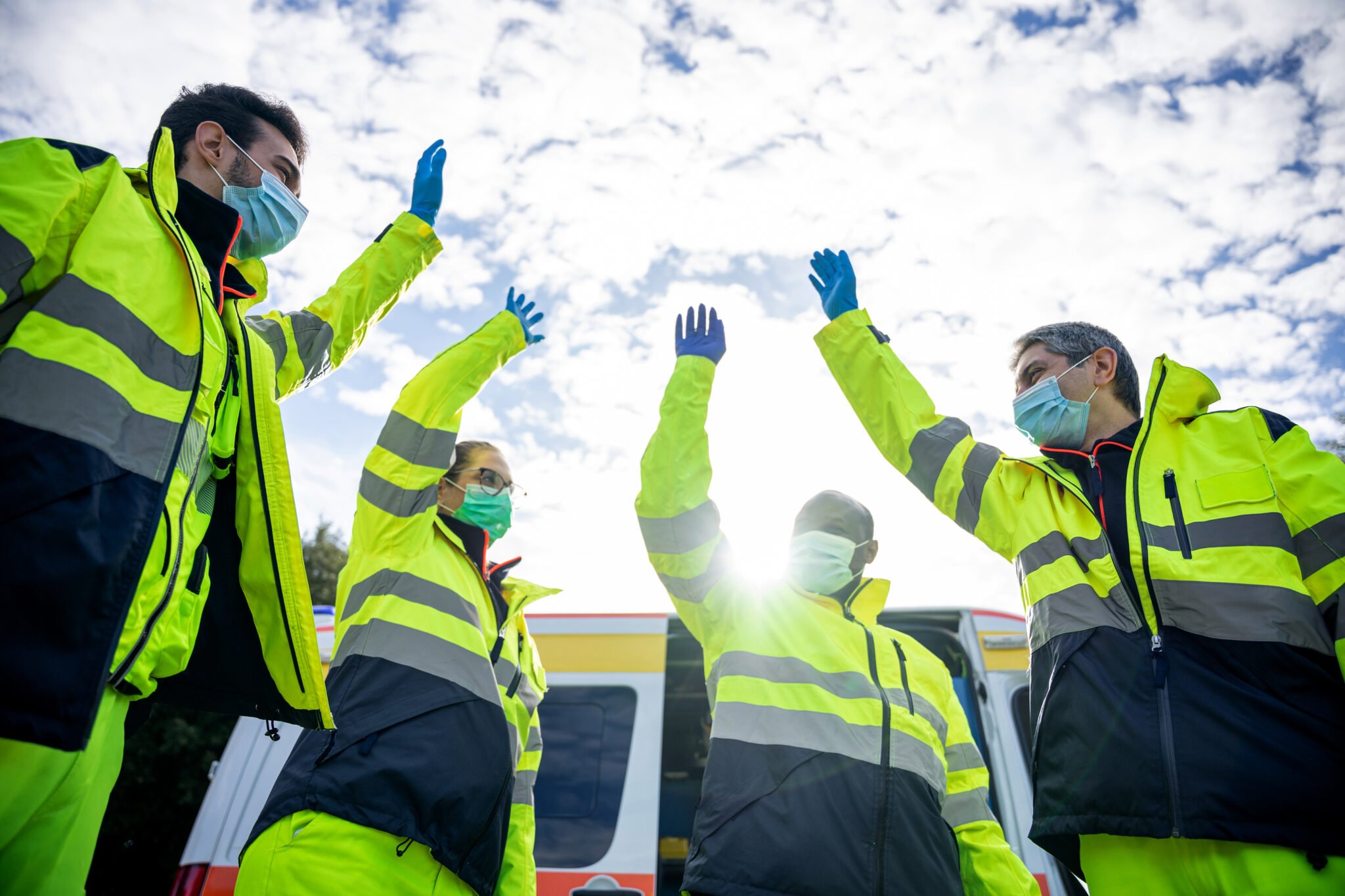There are two kinds of entrepreneurs in the world. (OK, there are many more than two, but bear with me here.) The first builds a business with the exit in mind from day one. What the business sells doesn’t matter as much as what the business can eventually sell for. The second type cares very much about what they offer. They want to innovate and change the world.
These are both valid approaches as far as I’m concerned, and I’ve seen remarkable success stories with either trajectory. Bob Eisiminger is a great example of the former. He built Knight Point Systems from a low-scale, low-margin value-added reseller into a successful B2B tech company that netted him a $132 million payday in 2018. And Tom Szaky perfectly embodies the latter, having built a $100 million global business around the ambitious goal of “eliminating the idea of waste.”

The difference between the two, of course, is one of mission—the overarching goal of your company, beyond even strategy itself. When Amit Kapoor was working toward his bachelor’s and master’s degrees in Computer Science from George Washington University, he had a vague idea of a post-graduation mission to carve out a unique path for himself. “I was a computer science guy, and back in the late 90s and early 2000s, computer science and computer technology was what everybody was going toward,” he said in a 2019 interview. “I wanted to find a unique space.” He found that unique space following the terrorist attacks on September 11, 2001. He was struck by the bravery of the first responders who ran into the burning buildings while everyone was running away.
Amit learned that first responders often had to deal with complex, cumbersome safety equipment that impeded their work, so he decided to find simpler, more effective solutions. He launched First Line Technology in 2003 as a U.S. distributor of European safety products, selling them to the U.S. Department of Defense, the (then) newly created Department of Homeland Security, and municipalities around the country. Over the next 16 years, First Line grew dramatically. It licensed patented technology and developed its own, eventually becoming a manufacturer as well.
Amit attributes this success in large part to the company’s dedication to its core mission: work with first responders and the military to develop innovative products that make their jobs easier and their lives—and the lives of the people they serve—safer. There have been plenty of times when the mission was tested, Amit says, but having a clear North Star facilitated even tough decisions. “Hurricane Katrina was really a defining moment for First Line,” he says. “We had the opportunity to raise pricing…Supply was very limited, demand was very high, and there [were] a lot of companies out there who did it. But our goal is not short-term wins. We want long-term wins with our customers.”

The pandemic was also a crucible for the company. “I remember in early January 2020 going to Singapore and having some meetings with the Singaporean Defense Ministry, having a conversation about a virus out of Wuhan, China similar to SARS and other respiratory viruses. They were asking us, ‘What should we do about this? How can we handle this? Would your product work?’ We realized that this could be a global issue. I recall flying on this airplane back to the United States, landing at Dulles and thinking, should we have actually flown on that airplane?”
Soon enough, First Line was in the thick of battle, protecting first responders and hospital workers as infections and hospitalizations skyrocketed. “Covid was wild,” he continues. “In March, we went from five orders a day to 700, then 1,400. We didn’t have enough people to take orders. Some people would say this is an awesome opportunity, but it was a stressful time, because we didn’t have enough inventory. We were pre-purchasing inventory, we were trying to get things as ports were shutting down around the world.”
What I like best about Amit’s mission is its specificity. It is not simply to help first responders help others. It includes parameters like making technology more accessible and practical. That helped Amit choose not to raise prices unreasonably during Hurricane Katrina, even though some competitors were doing so. Notably, that was less an altruistic decision than it was a calculated risk to build loyalty and increase customer lifetime value. Even if your company’s mission is saving people from inconvenience rather than mortal danger, it must be one your entire team can rally around.
Are you and your team clear on your company’s mission? If not, this might be a good time to hone in on one.
Lewis Schiff runs the Birthing of Giants Fellowship Program, a one-week guided strategic planning process that’s attended by the owners of the fastest-growing companies in the world. He also runs Moonshots & Moneymakers: The Oxford Innovation Conference for American Entrepreneurs.
Want the inside scoop on how Amit Kapoor and other entrepreneurs built their companies from moneymakers to moonshots? Sign up for Birthing of Giants’ free monthly video series, How I Did It.







